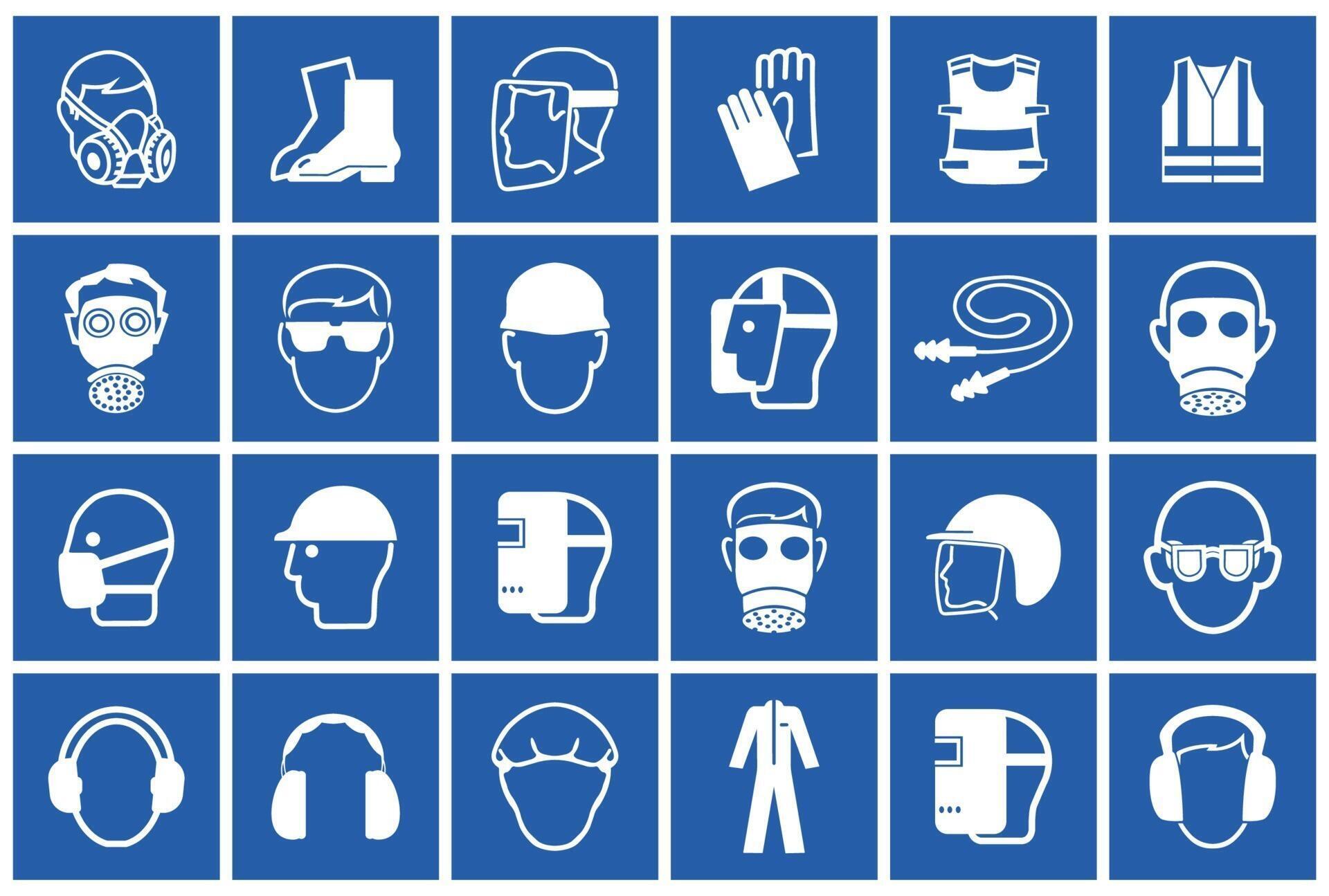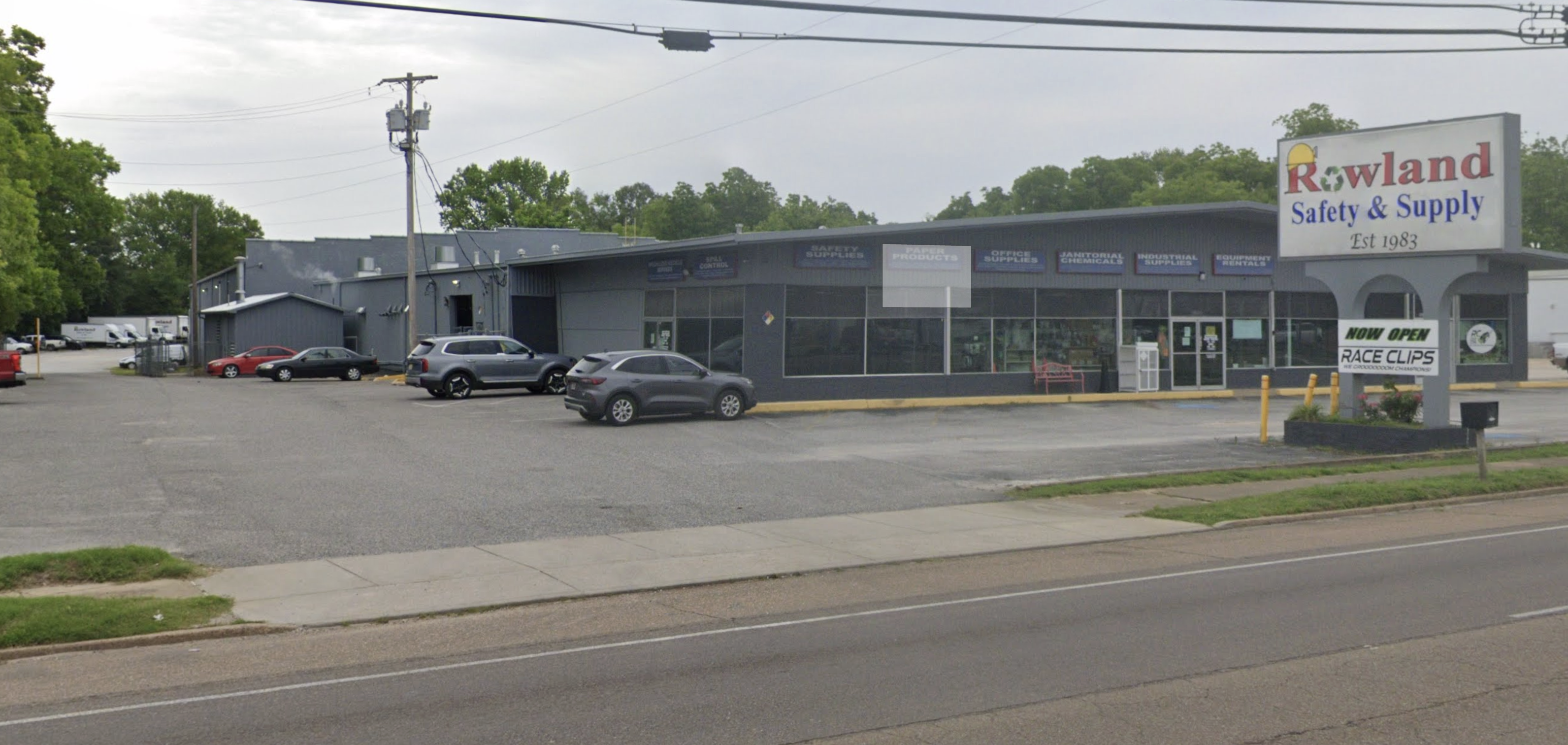A clean workspace is more than just a matter of aesthetics—it’s a fundamental component of productivity, safety, and overall well-being. Whether it’s an office, manufacturing floor, shipping yard, warehouse, or semi-truck trailer, maintaining cleanliness is crucial for operational efficiency and employee satisfaction. In this blog post, we’ll explore the joys and importance of keeping a clean workspace and why it should be a priority in every environment.
The Importance of a Clean Workspace
1. Enhances Productivity
A clean workspace directly impacts productivity. When your workspace is organized and free from clutter, employees can focus better and work more efficiently. A tidy environment reduces the time spent searching for tools, documents, or equipment, allowing workers to concentrate on their tasks and complete them faster.
In manufacturing and shipping environments, cleanliness can prevent delays caused by misplaced items or equipment failures. Well-organized work areas ensure that everything is in its place, making it easier to find what’s needed when it’s needed.
2. Promotes Safety
Safety is a top priority in any workspace, and cleanliness plays a significant role in ensuring it. Cluttered or dirty environments can hide potential hazards such as spills, obstructions, or faulty equipment. In manufacturing floors and warehouses, for example, spills of hazardous materials or oils can lead to accidents or injuries if not promptly cleaned up.
Maintaining a clean workspace helps in identifying and addressing safety risks before they become serious problems. It ensures that emergency exits, fire extinguishers, and first aid kits are easily accessible and that walkways are clear of obstructions.
3. Improves Health and Well-being
A clean workspace contributes to a healthier work environment. Dust, allergens, and contaminants can accumulate in unclean areas, leading to respiratory issues and other health problems. Regular cleaning and maintenance help in reducing the presence of these harmful substances, promoting better air quality and overall health for employees.
In shipping yards and semi-truck trailers, where exposure to environmental elements and heavy-duty use is common, keeping these areas clean prevents the buildup of dirt and grime that can impact health and hygiene.
4. Enhances Employee Morale
A clean and organized workspace fosters a positive work environment and boosts employee morale. Workers are more likely to feel valued and motivated when their work environment is well-maintained and reflects a commitment to their well-being. It also creates a sense of pride and ownership among employees, leading to higher job satisfaction and engagement.
In offices, a clean and pleasant workspace can make a significant difference in how employees perceive their workplace. It encourages a professional atmosphere and promotes a culture of respect and care for shared spaces.
5. Supports Efficient Operations
For businesses, especially those with complex operations like manufacturing and logistics, a clean workspace supports smooth and efficient operations. It minimizes disruptions caused by disorganization and facilitates streamlined workflows. Proper storage solutions, regular maintenance, and cleanliness contribute to the effective functioning of machinery and equipment, reducing downtime and operational delays.
6. Reflects Company Values
The cleanliness of a workspace reflects the values and standards of a company. Organizations that prioritize cleanliness and safety demonstrate a commitment to excellence and responsibility. It sends a positive message to clients, partners, and stakeholders about the company’s dedication to maintaining high standards and ensuring a safe, efficient, and professional environment.
Tips for Maintaining a Clean Workspace
1. Establish Regular Cleaning Routines
Create a cleaning schedule that includes daily, weekly, and monthly tasks to ensure that all areas of the workspace are maintained regularly. Assign specific responsibilities to employees or hire professional cleaning services to keep the workspace in top condition.
2. Implement Organizational Systems
Use storage solutions such as shelves, bins, and cabinets to keep tools, supplies, and documents organized. Label storage areas and encourage employees to return items to their designated places after use.
3. Address Spills and Hazards Immediately
Promptly clean up spills and address any hazards to prevent accidents and maintain a safe environment. Provide appropriate absorbents and cleaning materials to handle spills of chemicals, oils, or other substances.
4. Promote Good Hygiene Practices
Encourage employees to practice good hygiene, such as washing hands regularly and keeping personal work areas clean. Provide hand sanitizers and disinfectants to help maintain cleanliness.
5. Conduct Regular Inspections
Perform regular inspections of the workspace to identify areas that need attention. Address any maintenance issues promptly to prevent them from escalating into larger problems.
6. Foster a Culture of Cleanliness
Promote a culture of cleanliness and responsibility among employees. Educate them about the importance of maintaining a clean workspace and involve them in the process of keeping the environment tidy.
A clean workspace is essential for creating a productive, safe, and healthy work environment. Whether you’re managing an office, manufacturing floor, shipping yard, warehouse, or semi-truck trailer, maintaining cleanliness should be a top priority. By implementing effective cleaning routines, organizational systems, and fostering a culture of cleanliness, you can enjoy the numerous benefits of a well-maintained workspace. Embrace the joys of a clean environment and witness the positive impact it has on your operations, employee satisfaction, and overall success.
Get in Touch
Ready to enhance your workplace safety and sustainability? Contact us today to learn more about our products and services. We look forward to helping you find the perfect solutions for your needs. Contact us today!






